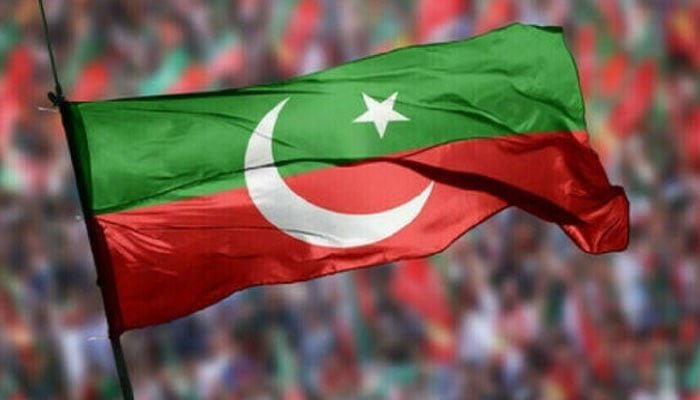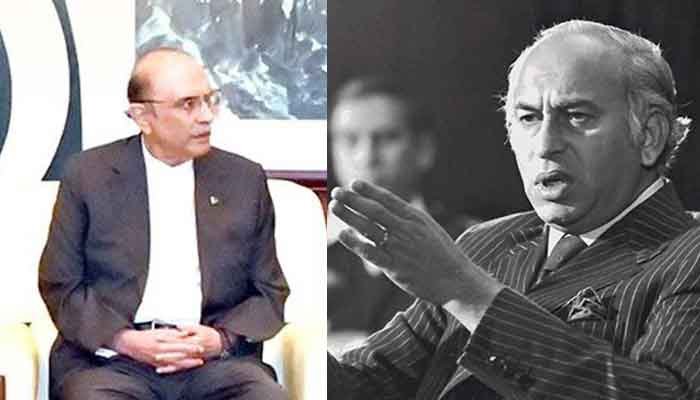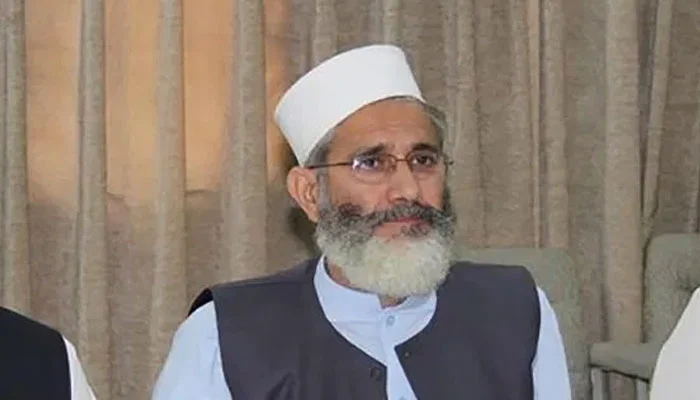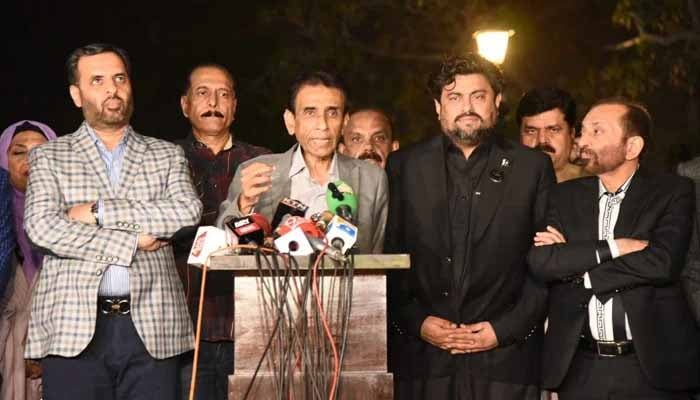Pakistan Tehreek-e-Insaf (PTI) has raised concerns about the transparency of the European Union’s review report on the recent elections in Pakistan. Speaking at a press conference alongside other party leaders, PTI spokesman Rauf Hasan emphasized the significance of making the election review report public.
According to Rauf Hasan, the European Union has confirmed delivering the election review report to the Election Commission of Pakistan. However, PTI believes that the contents of this report are crucial and sensitive, warranting its release to the public domain.
The demand for transparency in the EU’s election review report underscores PTI’s commitment to ensuring fair and transparent electoral processes in Pakistan. By calling for the publication of the report, PTI aims to uphold democratic principles and accountability in the electoral system.
In addition to addressing the issue of the EU’s election review report, Muzamil Aslam, another PTI leader, highlighted the party’s correspondence with the International Monetary Fund (IMF). According to Aslam, the IMF responded to PTI’s letter by stating that it does not interfere in Pakistan’s internal affairs. However, the IMF urged Pakistan to address any concerns related to the electoral process.
The IMF’s response reflects PTI’s efforts to seek international attention and support for addressing electoral grievances within Pakistan. By engaging with international organizations like the IMF, PTI aims to raise awareness about the need for electoral reforms and transparency.
Meanwhile, Federal Information Minister Atta Tarar expressed skepticism regarding PTI’s approach to raising concerns about the elections. Tarar suggested that instead of writing letters to international bodies like the IMF and the European Union, PTI should direct its complaints to the Election Commission or Election Tribunals.
Tarar’s remarks highlight the ongoing debate within Pakistan about the appropriate channels for addressing electoral grievances. While PTI seeks to leverage international support to advocate for electoral transparency, the government emphasizes the importance of resolving domestic issues through established national institutions.
The controversy surrounding the EU’s election review report and PTI’s engagement with international organizations underscores the complexities of Pakistan’s political landscape. As political parties navigate post-election dynamics, issues of transparency, accountability, and democratic integrity remain at the forefront of public discourse.
Moving forward, the demand for transparency in the EU’s election review report is likely to fuel discussions and debates within Pakistan’s political circles. PTI’s insistence on accountability and fair electoral processes reflects its commitment to democratic principles and good governance.
In conclusion, PTI’s demand for the release of the EU’s election review report and its engagement with international organizations signal a continued effort to address electoral concerns and promote transparency in Pakistan’s democratic system. As the debate unfolds, the focus remains on upholding democratic values and ensuring the integrity of the electoral process.



